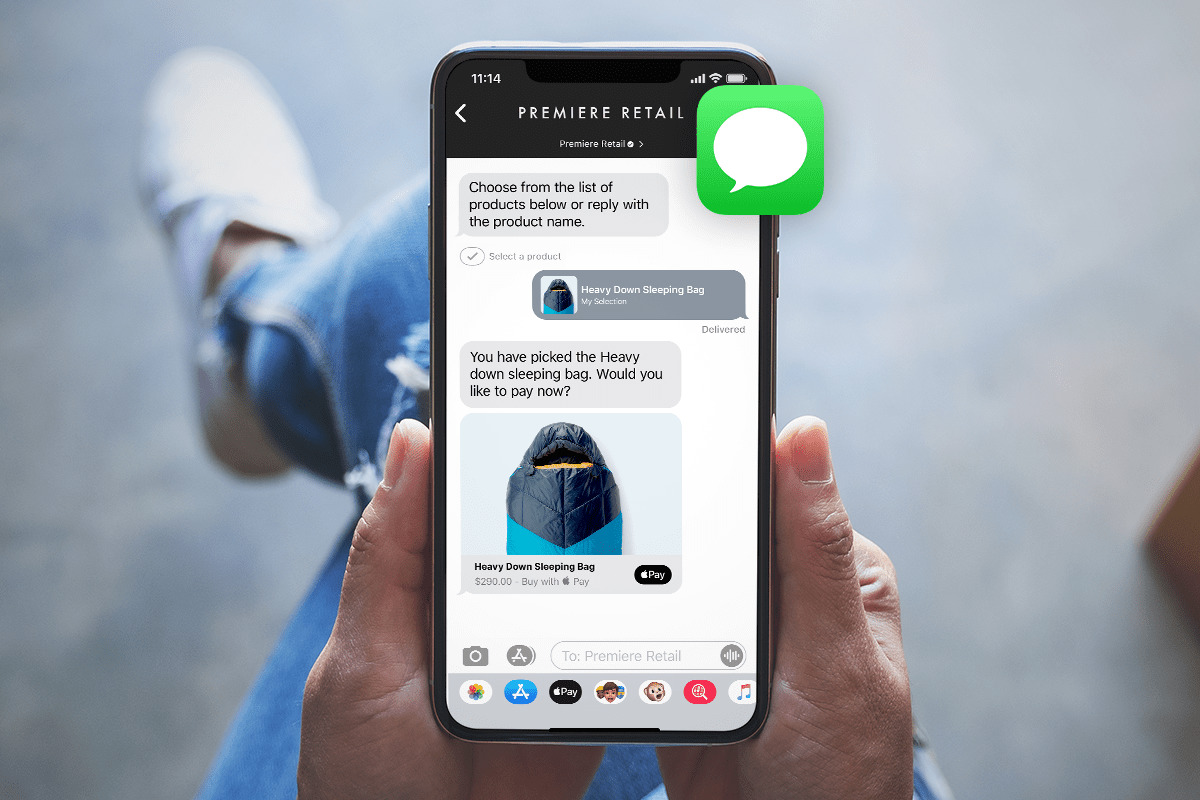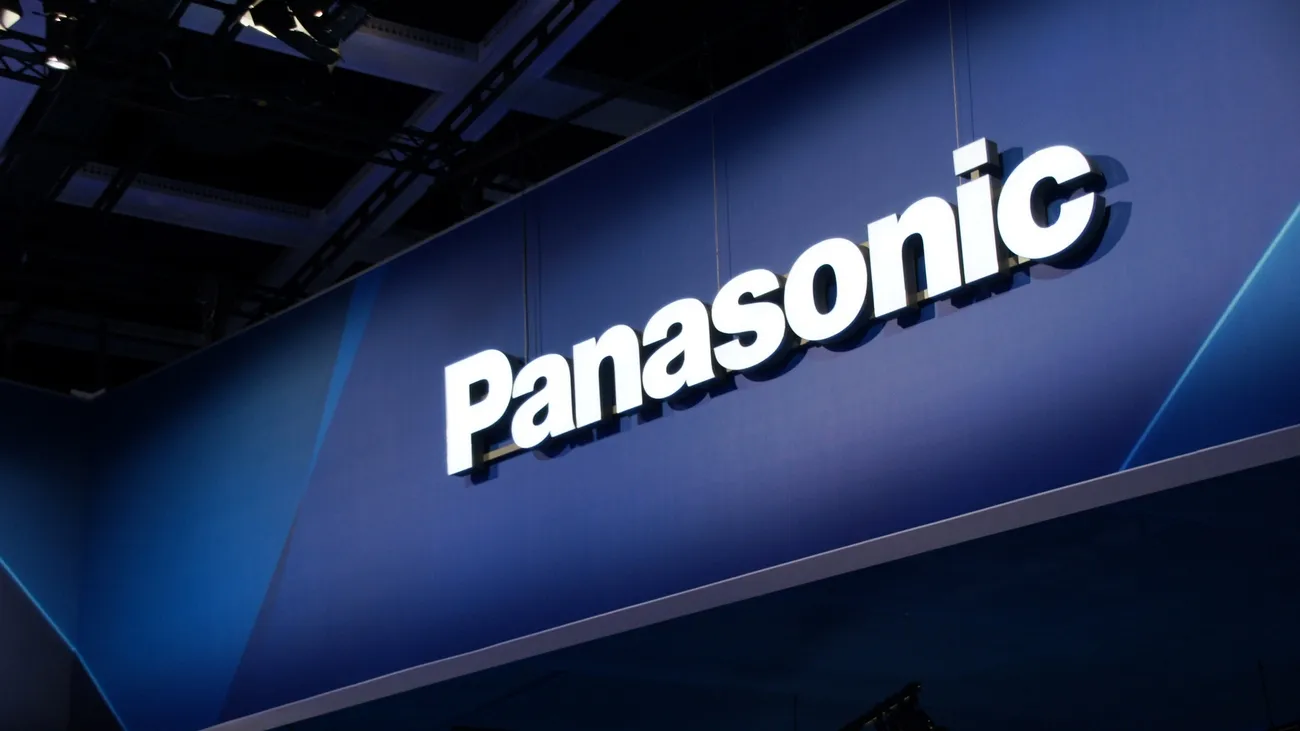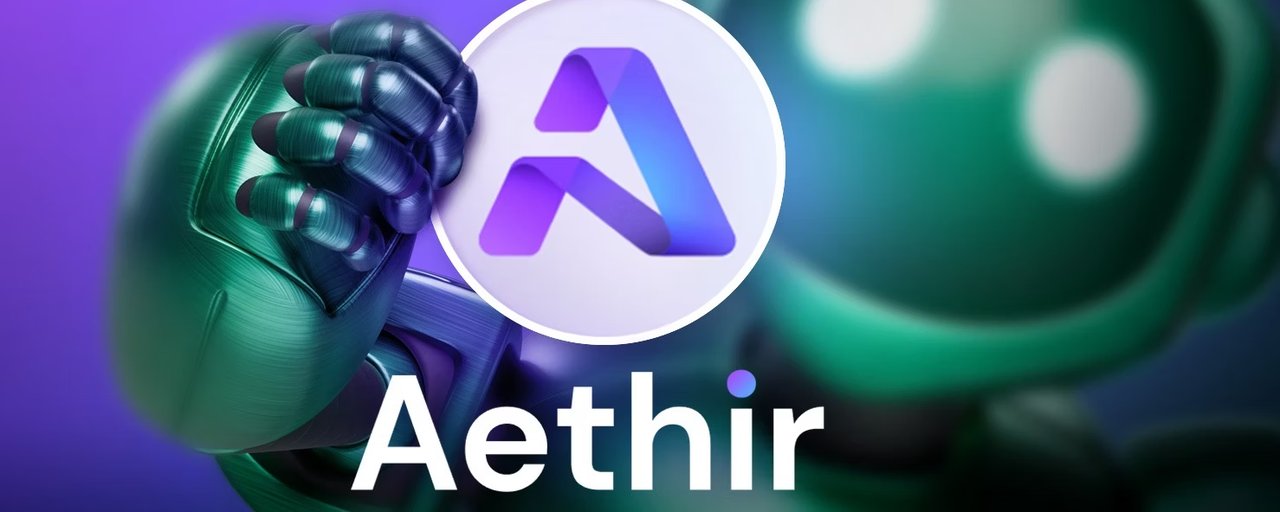The most notable updates in iOS 18’s iMessage are the introduction of message scheduling and RCS support, which enhance communication with Android users; these features are now accessible in the public beta
These messaging features will have a substantial impact on the way people communicate daily. However, they were buried among AI announcements and other user interface adjustments at WWDC 2024.
Developers have been compelled to devise intricate and inconvenient solutions for years in response to the consumer demand for message scheduling. For instance, they have implemented applications that issue push notifications to remind users to send a text message or solutions exclusively compatible with jailbroken iPhones.
The new iOS can schedule messages for later transmission as a built-in feature.
The feature was only briefly mentioned at WWDC. It was announced in the same sentence as the Tapbacks enhancement in Apple’s press release, which has been expanded to include support for any emoji or sticker in iOS 18.
Apple does not consider “Send Later” a feature that warrants significant time investment. However, the new scheduling feature will be a much-welcomed addition for individuals who operate a business from their iPhone or who only remember the important things they need to text while lying in bed at 3 a.m.
Apple’s screenshot indicates that the feature could be employed to guarantee that you do not overlook sending a birthday salutation to someone. It also simplifies life, such as when you wish to text someone across time zones without disturbing them.
However, the Messages app’s support for RCS, the messaging standard and replacement for SMS, is of even greater significance. This feature will resolve numerous issues associated with texting Android users with a green bubble.

Google has been advocating for Apple to adopt the standard for an extended period, as it would enhance the communication experience between iOS and Android users.
The Wall Street Journal published a report regarding the dispute over green bubbles and the necessity of blue bubbles for teenagers in the United States.
Although EU regulators ultimately determined that iMessage was not sufficiently popular to necessitate interoperability with other messaging services, Apple’s decision was likely influenced by the heightened scrutiny and the interest of U.S. lawmakers in Apple’s shutdown of Beeper. This third-party application introduced iMessage to Android users.
Texting with Android users resulted in blurry photos and videos, broken group conversations, and no typing indicators or read receipts due to Apple’s persistent refusal to include support for RCS. It also meant that communications would not be encrypted end-to-end, as they were on iMessage.
Regrettably, the green bubble curse will not be lifted from messages sent via RCS on Apple devices, as evidenced by photographs on the company’s website demonstrating the feature. This is a disappointment for Android users.
Rather, the text box displays a light gray font that indicates that your texts with individual support both “Text message + RCS,” while the texts themselves remain green.
Nevertheless, it appears that Apple will resolve the issues that render the Messages app a faulty experience for its customers, as the company has announced that it will support the standard later this year.
Apple’s press release only briefly mentioned the news, noting that RCS would enable “more reliable group messaging and richer media in comparison to SMS and MMS.”
Earlier reports suggested that Apple plans to collaborate with the GSMA to incorporate end-to-end encryption into the Universal Profile for RCS. However, E2EE will not be supported at the outset. This is presumably why encrypted messaging was not mentioned in Apple’s announcement of RCS.
This article was initially published on TechCrunch on June 11 and has been revised to reflect the availability of the iOS 18 public beta.



